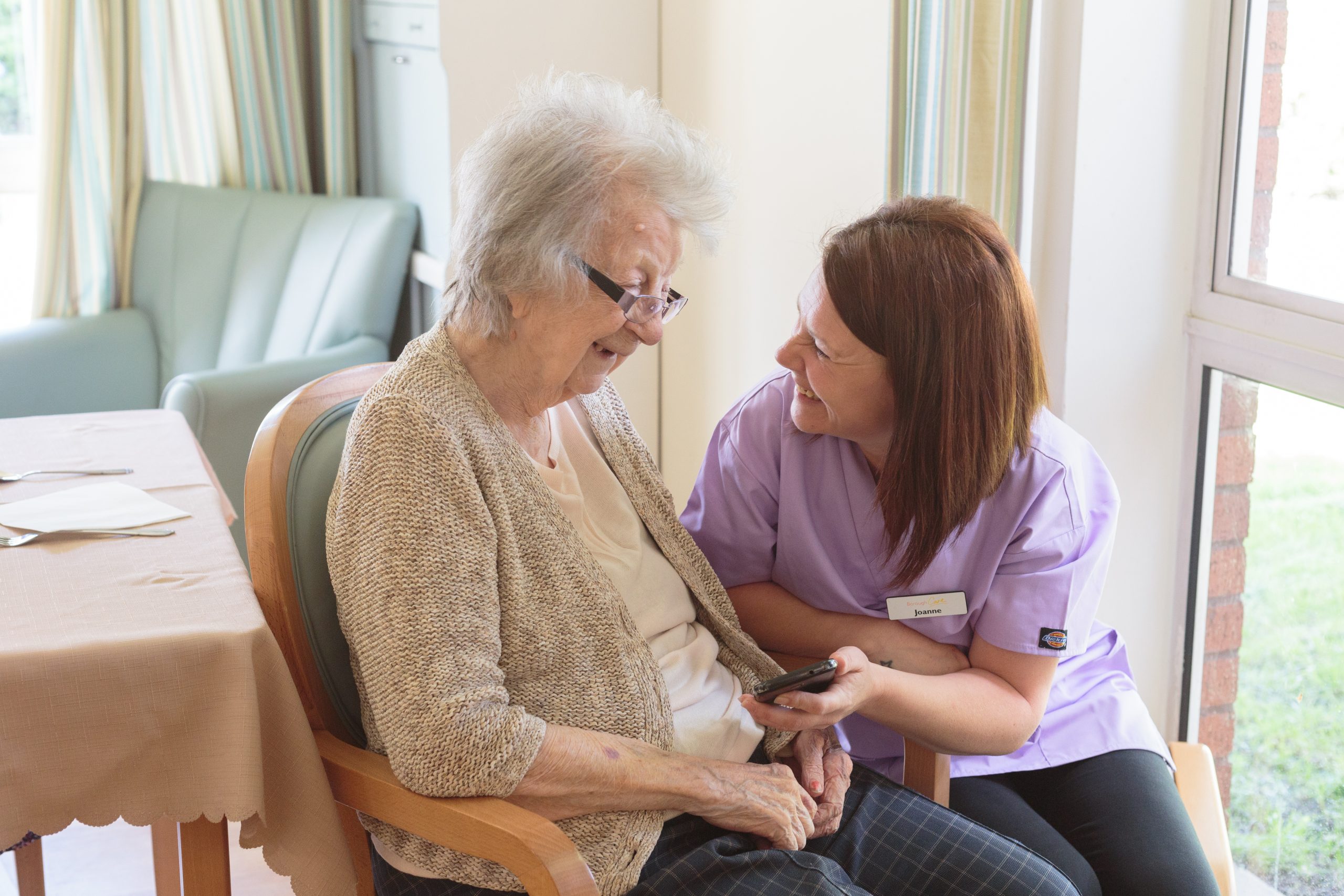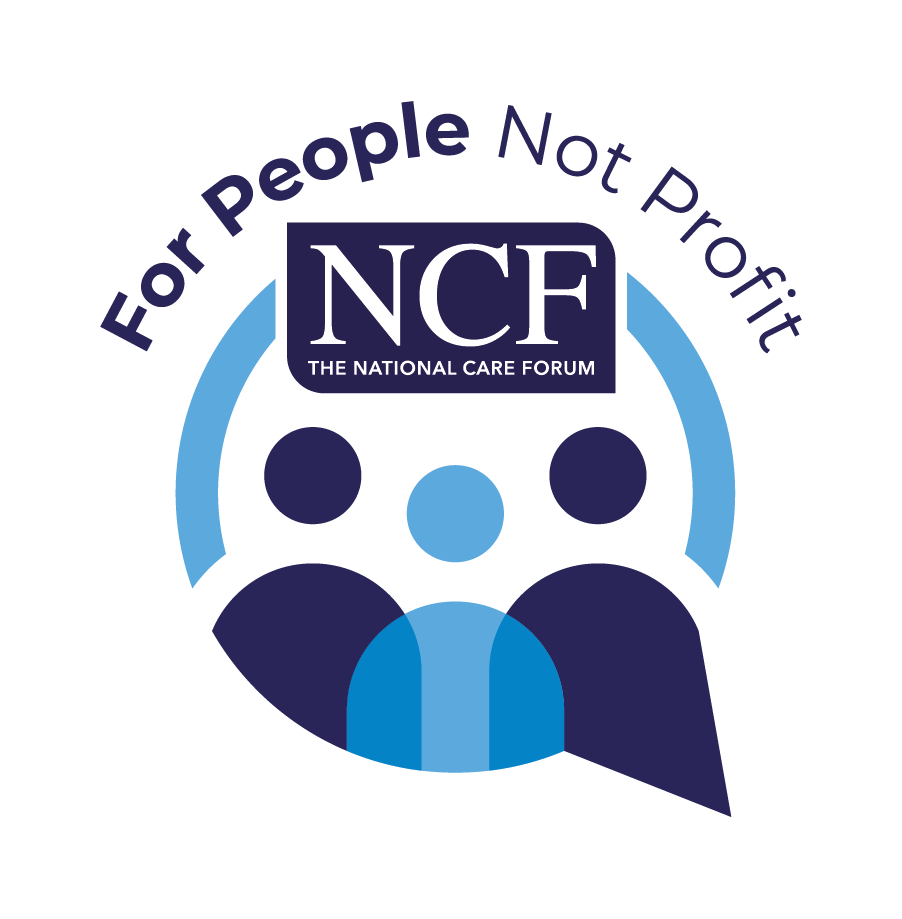
Mental health problems are as common in older adults as they are in younger adults. Factors such as bereavement, illness or retirement can all take their toll.
At Borough Care, we work just as hard to look after our residents’ mental health as we do their physical health. Organising plenty of activities and trips; introducing residents to new hobbies and new people; as well as giving people an opportunity to talk about the issues that affect them on a regular basis.
We were interested to read about a new initiative, launched in January 2020, by Age UK, NHS England and NHS Improvement to encourage older people and health professionals to recognise mental health needs in later life.
As part of the campaign, NHS England asked Heather Stonebank, Lead Psychological Wellbeing Practitioner for Sheffield Improving Access to Psychological Therapies Service, to write a blog about her experience of ‘talking therapy’ and the impact it can have on an older person’s wellbeing.
Talking therapy is for anyone who’s going through a bad time, or has emotional problems they need help with. It can be referred to as counselling, talking treatments or psychological therapies.
Depression in later life, especially over the age of 65, is often dismissed as a normal part of ageing. But this isn’t the case and talking therapy can improve enjoyment of life. Talking therapies may also help people with dementia and the people looking after them.
Referrals to the talking therapy service are available through your GP, or alternatively, you can self-refer through the NHS website.
We believe everybody has the right to good mental health, no matter what their age. If you have any concerns about your loved one’s mental health, please speak to one of our friendly and experienced members of staff who will be able to work with you both, to make lasting and positive changes.








